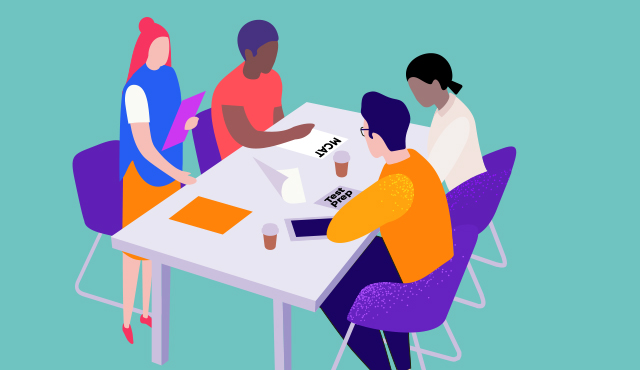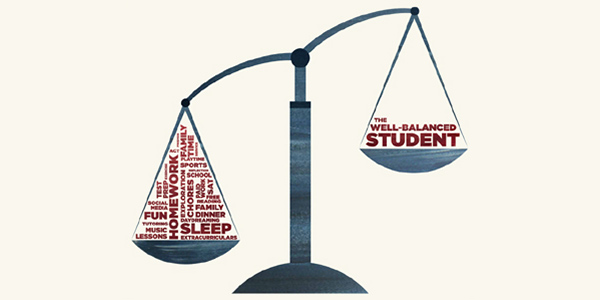Late-night study sessions can be a double-edged sword. While they provide an opportunity to catch up on coursework and revision, they can also lead to exhaustion and reduced productivity. To make the most of late-night study sessions, here are five tips to keep you focused and efficient.
7 Effective Late-Night Study Tips for Students
Here are some of the effective late-night study tips for students;
Plan Ahead of Your Late-Night Study
Before starting a late-night study session, create a study plan outlining the topics you need to cover and the specific goals you want to achieve. This will help you stay organised and avoid wasting time on irrelevant materials.
Set Realistic Goals for Your Late-Night Study
Late-night study sessions can be limited in time, so it’s essential to set realistic goals that align with the available hours. Prioritise the most critical topics or tasks that need to be completed, and avoid overwhelming yourself with an excessive workload.
Take Short Breaks during Late-Night Study
Even during late-night study sessions, it’s essential to take short breaks every hour or so. Use these breaks to stretch, walk around, or grab a healthy snack to refresh your mind and body.
Limit Caffeine Intake
While a cup of coffee or tea can provide a temporary boost in alertness, excessive caffeine consumption can disrupt your sleep patterns and leave you feeling jittery. Limit your caffeine intake, especially as the night progresses, to ensure a better quality of rest later.
Stay Hydrated
Dehydration can lead to fatigue and reduced concentration. Keep a bottle of water nearby and sip on it throughout your study session to stay hydrated and maintain cognitive function.
Create a Comfortable Study Environment
Make your late-night study space comfortable and well-lit to minimise distractions and promote focus. Avoid studying on your bed, as this may lead to drowsiness. Instead, use a desk or table with proper lighting.
Use Ambient Music or White Noise
Late-night study environments can sometimes be too quiet or too noisy, making it challenging to concentrate. Consider using white noise or ambient music to create a calming atmosphere that promotes focus and reduces distractions.
Recommended Resources:
- How to Choose the Right Study Groups
- Top 10 Distinguished UCC Alumni
- University of Cape Coast Undergraduate Programmes in 2023
- List of All Hisense Showrooms in Ghana: Location and Contact
Why should I study at night?
Some students find that studying at night is the best way for them to learn. Additionally, if you have a busy schedule during the day, studying at night may be the only option you have to get your work done.
How can I stay energized during late-night study sessions?
You can stay energized during late-night study sessions by eating healthy snacks, staying hydrated, and taking breaks to move around. Additionally, it’s important to get enough sleep on a regular basis so that you don’t have to rely on all-nighters to get your work done.
Is it a good idea to pull an all-nighter to study?
No, it’s not a good idea to pull an all-nighter to study. Regularly depriving yourself of sleep can cause problems with learning, memory, and mood. However, if you find yourself in a situation where an all-nighter is necessary, it’s important to have a game plan, stay focused, and take breaks to stay energized.
Late-night study sessions can be an effective way to catch up on studies, but they require careful planning and consideration to ensure productivity and well-being.
By planning ahead, setting realistic goals, taking short breaks, limiting caffeine intake, staying hydrated, creating a comfortable study environment and using ambient music or white noise, students can make the most of their late-night study sessions and maximize their learning outcomes.
Remember to balance late-night studies with sufficient rest to avoid burnout and maintain a healthy study routine.






